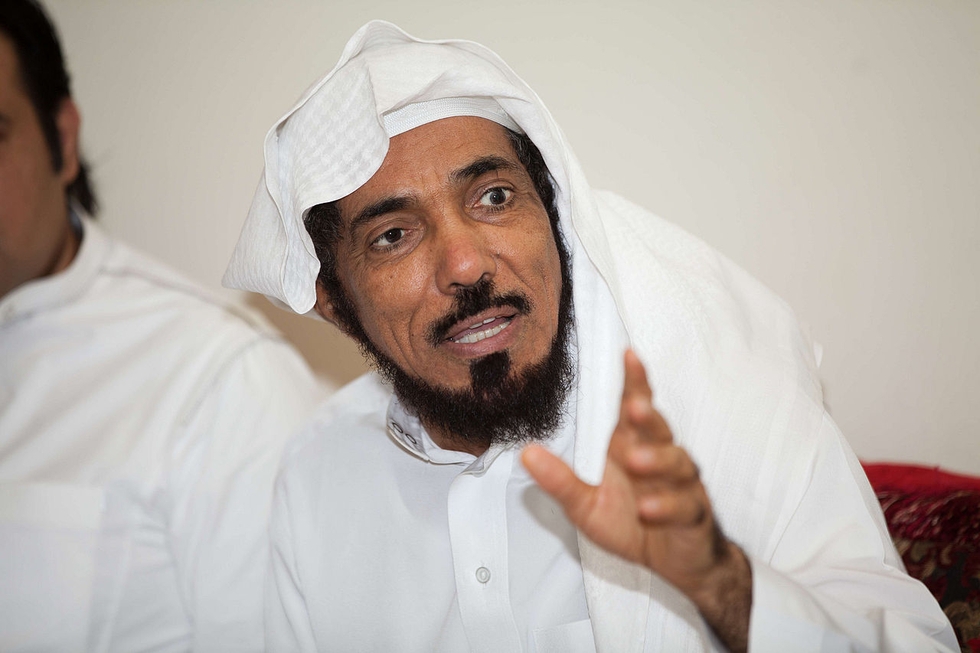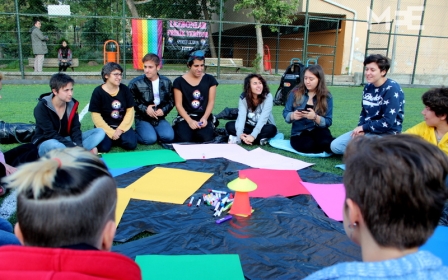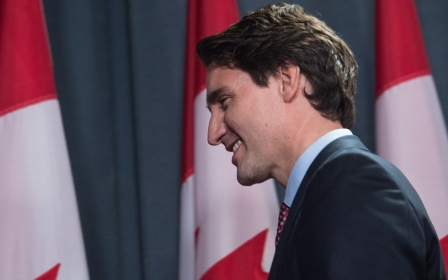Senior Saudi cleric: Homosexuality should not be punished

A leading Saudi cleric has publicly stated that homosexuality should not be criminally punished, during a visit to Sweden to visit Syrian refugees.
“Even though homosexuality is considered a sin in all the Semitic holy books, it does not require any punishment in this world," Dr Salman al-Ouda said in an interview with the Swedish Sydsvenskan newspaper, adding that homosexuals would be punished "after death."
"One of the fundamentals of Islam is man's freedom to act as he wants," he added.
"But one must also take the consequences."
Homosexuality has long been a controversial topic in much of the Muslim world. LGBT people still face the death penalty in Saudi Arabia.
Ouda, a member of the International Union for Muslim Scholars and director of Islam Today, had previously been viewed as a conservative and was even cited by Osama bin Laden as an authority in the early 90s (though Ouda later publicly rebuked him for his violent activities).
“Homosexuals are not deviating from Islam," continued Ouda in the interview. "Homosexuality is a grave sin, but those who say that homosexuals deviate from Islam are the real deviators.
“By condemning homosexuals to death they are committing a graver sin than homosexuality itself.”
He added that Islam did not "encourage individuals who have same-sex attraction to show their feelings in public."
His comments have already provoked controversy in Saudi Arabia and other parts of the Middle East.
"According to Sharia law, homosexuals should be killed. How can you say homosexuality should not be punishable, Sheikh?" Fadi Matiri, a Saudi citizen commented on Twitter, according to the Jerusalem Post.
Ouda's visit to Sweden had already proved controversial, with some political commentators accusing the cleric of Holocaust denial and, ironically, homophobia.
In the interview, Ouda categorically denied he was a Holocaust denier.
"It is historically documented," he said, adding that there had "also been genocide in Bosnia and now in Syria."
He also condemned the abuse of the concept of Sharia law by Islamic State and al-Qaeda.
"Sharia is a very broad and wide concept and it is a concept that has been kidnapped," he said.
Though still a controversial topic, Ouda is not the first senior Islamic figure to propose changing the legal status of homosexuality.
In an interview with the French journalist Olivier Ravanello, Rachid Ghannouchi - co-founder of the Tunisian Ennahda party - said that homosexuality should be decriminalised in Tunisia.
“We do not approve it [homosexuality]," he said. "But Islam does not spy on people. It protects private life. Everyone should live their lives as they wish. And everyone is responsible for it in front of their creator.”
Middle East Eye propose une couverture et une analyse indépendantes et incomparables du Moyen-Orient, de l’Afrique du Nord et d’autres régions du monde. Pour en savoir plus sur la reprise de ce contenu et les frais qui s’appliquent, veuillez remplir ce formulaire [en anglais]. Pour en savoir plus sur MEE, cliquez ici [en anglais].




